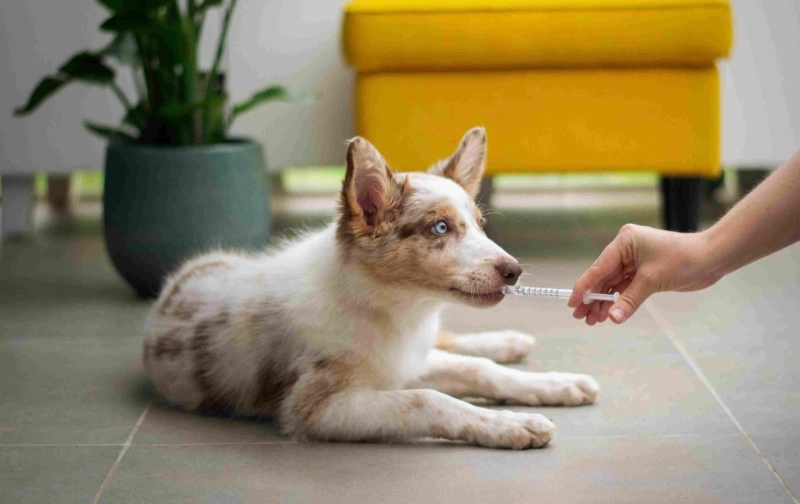Every pet owner's dream is for their beloved furry friend to live forever. While we can’t quite achieve immortality, what we can do is put steps in place to ensure that, however long our pets have left, their time is both healthy and happy.
One such way to achieve this is by booking your pet in for routine vet visits. By ensuring that your pet becomes accustomed to the vet at a young age, you are eliminating common stressors involved with pets visiting the vet.
Additionally, when a medical professional has seen your pet from a young age, they can establish a baseline level of health. This helps in terms of prevention and it can also work to speed up the process should your pet fall ill.
Preparing for an appointment
Before taking your pet to the vet, it’s important to prepare for the appointment. This is essentially because, should your vet ask you some questions, you want to be able to provide accurate answers.
As such preparation involves listing your pet’s medication and supplements. Noting down your pet’s food and their snacks is also beneficial. You may also want to take note of eating and drinking habits as well as behavioural differences such as increased barking or growling.
During the examination
A visit to the vet may be anxiety inducing for both pets and their owners. This is largely because a lot of owners don’t know what to expect from a vet examination. To help project feelings of calm for your intuitive pet, it’s important to be informed.
With this in mind, an examination will usually consist of what is known as a nose to tail exam. Your vet will look at your pet’s ears for any signs of ear infection and bumps. The next stop is the eyes, looking for occurrences of dry eye or ulcers.
From there, your vet will inspect your pet’s mouth to get an overview of their dental health. As the body’s largest organ, the skin will also be inspected for instances of hair loss or dry, itchy patches.
Vets also like to listen to a pet’s heart and lungs, specifically checking for illnesses such as heart disease or lung cancer. Your pet’s abdomen will also be assessed for signs of enlarged organs or lumps.
If your pet is ageing, your vet will also look at muscle, joint and bone health. Finally, your vet might take some routine blood samples to help develop your pet’s baseline of normal values. This may identify hidden illnesses. In the best cases, it will act as a marker for the future.
The importance of regular vet visits
Routine vet visits provide a range of different benefits. From getting your pet used to seeing a vet to providing peace of mind, this relatively simple endeavour offers a multitude of benefits to humans and pets alike.
1. Pets can get their vaccinations
One benefit of regular vet visits is the fact that pets can use it as an opportunity to receive vaccinations. These vaccinations provide protection against heartworms and parasites that can potentially cause lifelong problems.
2. Owners can ask questions
In many cases, pet owners are not medical professionals. By having the opportunity to talk with a professional, you can ask certain questions about displayed behaviours. You may even ask about training programs, feeding schedules and even insights into first aid techniques.
3. Prevention is paramount
Regular visits to the vet can work to ensure that issues with your pet’s health can be prevented or treated early. For example, your vet may find a cancerous lump on your dog’s leg. However, early intervention means that the prognosis might be better.
In another example, your vet may find that your cat’s dental hygiene is poor. By bringing this to your attention now, you can take steps to prevent poor dental hygiene from developing into an issue. This is because, by brushing your cat’s teeth more, plaque can be reduced.
4. Minimises stress
A trip to the vet can be quite stressful for pets of all ages and breeds. However, pets, especially dogs, can typically adjust quite well to new routines. As such, by making a habit of taking a pet to the vet at a young age, stress levels decrease as they get older.
5. Vets ascertain your pet’s baseline health
Another important and beneficial factor of routine vet visits is the fact that your vet becomes accustomed to your pet, how they behave and of course, their internal workings as displayed through routine blood tests. As such, if something were to be amiss swift action could ensue.
Keeping your furry friend healthy
Pets can infuse our lives with so much joy and companionship. In return, they ask for love and basic care. To fulfill this commitment to their happiness and wellbeing, it’s important to schedule regular vet visits. This way, you can give your pet the best chance possible at living a healthy and long life.


